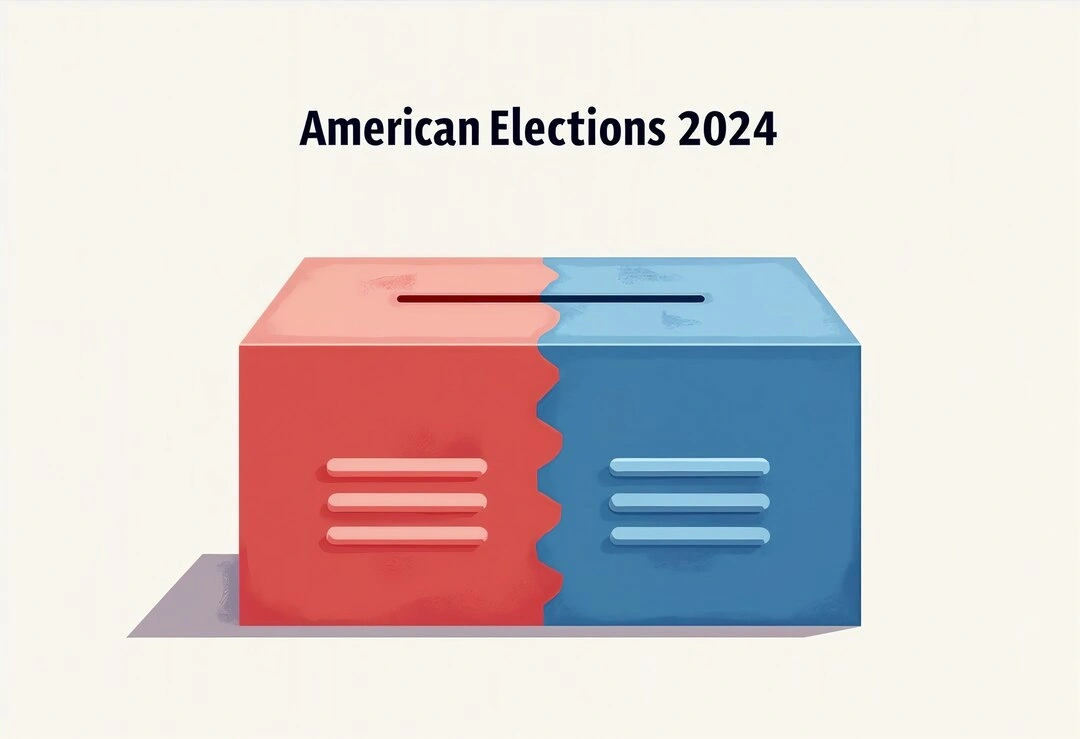venture capital
private equity
insight partners
funds

venture capital
private equity
insight partners
funds
Insight Partners, a prominent New York-based private equity firm, celebrated a remarkable year in 2024, returning nearly $8 billion to its investors. This impressive figure, however, reveals a more nuanced story when examining the performance of its individual funds. The success is largely driven by returns from funds other than its massive $20 billion Fund XII, raised in 2021 – a year now viewed by many as a peak in the tech investment cycle.
Insight Partners: A Brief Overview
Founded in 1995 by Jeff Horing and Jerry Murdock (since retired), Insight Partners boasts a substantial portfolio and a broad investment strategy. The firm invests across various stages, from seed rounds to initial public offerings (IPOs), focusing primarily on sectors like enterprise software, cybersecurity, healthcare IT, and financial technology (fintech). Its early investments in companies like Twitter and Alibaba highlight its long history of successful ventures. Insight's investment size typically ranges from $5 million to over $500 million per company. Currently, the firm employs approximately 485 people, with 100 dedicated investment professionals, managing roughly $89 billion in assets under management.
Record Returns, but with a Catch
At Insight's annual general meeting on October 24th, 2024, distributions to investors were a key topic of discussion. While the firm reported a record-breaking $8 billion in returns to investors across all its funds, a significant portion of this success did not originate from Fund XII. This $20 billion fund, raised at the height of the 2021 tech boom, presents a different story.
The Tech Boom and Subsequent Reset
2021 witnessed an unprecedented surge in mergers and acquisitions, fueled by a robust investment climate. Insight Partners actively participated in this "super cycle," deploying its $20 billion Fund XII and backing numerous startups, including some that later encountered difficulties. The firm also took a dozen companies public that year.
The subsequent "great tech reset" of 2022 significantly altered the landscape. A combination of rising interest rates, the war in Ukraine, and looming recession fears resulted in a sharp decline in tech valuations. Software companies, which had averaged valuations of 16 times their revenue in 2021, saw these multiples plummet to single digits in 2022. Global venture funding dropped by 35%, reaching $445 billion that year. The IPO market and mergers and acquisitions activity slowed drastically, creating a challenging environment for newer funds.
Insight's Post-2021 Performance
Insight’s experience reflects the broader market shift. While the firm has achieved notable exits in 2024, with a total enterprise value of $12 billion across various deals, the majority did not come from Fund XII. Several high-profile acquisitions, such as Mastercard's purchase of Recorded Future for $2.65 billion and Salesforce’s acquisition of Own Company for $1.9 billion, involved companies that Insight had invested in prior to 2021. Visa's purchase of Featurespace for $925 million and SAP's acquisition of WalkMe for $1.5 billion also contributed to the overall success, but again, these were investments from earlier funds.
Of the twelve Insight portfolio companies that went public in 2021, only three were subsequently sold. Another seven remain publicly traded, but just one trades above its IPO price. The high-profile bankruptcy filing of WeWork, in which Insight had invested shortly before its IPO, further illustrates the challenges of the period.
Fund XII's Performance: A Work in Progress
Fund XII, initially targeting $20 billion, reflects the challenges of investing at the peak of a market cycle. By March 31st, 2024, the fund reported a negative 2.29% net internal rate of return (IRR) and a 1x total value multiple (TVM). This indicates the fund is essentially breaking even, a far cry from the typical expectation of IRR’s exceeding 20% in the private equity industry.
In contrast, Insight's Fund XI, a $9.5 billion fund raised in 2020, showcases a much stronger performance, with a 14.12% net IRR and a 1.5x TVM. This difference highlights the impact of market timing on investment returns. Fund XI's investments began in late 2019, before the pandemic's disruptive influence on the economy.
Comparing Insight to Peers
A comparison with other prominent venture capital and private equity firms that were active in 2021 reveals a similar pattern. Sequoia Capital, for instance, closed 375 deals totaling nearly $51.5 billion in 2021. While one of its 2022 funds showed strong performance, a 2021 fund displayed negative IRR and a TVM below 1x, showing similar challenges to Insight’s Fund XII.
Tiger Global, another highly active investor in 2021 with 315 investments worth nearly $62 billion, also experienced underperformance in its 2021 funds. One of their 2021 funds reported a negative 16.7% net IRR and a 0.7x investment multiple. TA Associates, a growth equity firm, reported similar underperformance in its 2021 flagship fund.
Even established buyout firms like Thoma Bravo, known for their large transactions, saw some impact. While their 2021 fund showed a positive, though modest, return, it underscores that even seasoned firms faced headwinds due to the market correction.
The Role of Continuation Funds
The underperformance of 2021 vintage funds has led to a rise in the use of continuation funds. These vehicles allow private equity firms to extend their ownership of assets beyond the typical lifespan of a fund. Investors are given the option to reinvest or cash out. Insight has actively utilized this strategy, closing its third continuation fund to manage stakes in companies from older funds. The use of continuation funds allows for a resetting of valuations in a more favorable economic climate, reducing the pressure to sell assets at potentially unfavorable prices.
While Insight Partners’ $8 billion in distributions for 2024 is noteworthy, it's crucial to understand the context. The success largely reflects the performance of funds predating the 2021 tech boom. Fund XII, representing a significant portion of Insight's capital deployment that year, remains relatively immature, and its long-term performance will depend on several factors, including the future performance of the portfolio companies. It is important to note that determining the success or failure of any fund within a short timeframe after its investments are made is difficult. The current underperformance doesn’t necessarily predict a poor outcome for Fund XII in the long run. The market correction of 2022 presented unique challenges, but the eventual success of Fund XII will ultimately depend on the ability of the portfolio companies to grow and mature. The utilization of continuation funds signals a proactive strategy to navigate the current market conditions and maximize long-term returns.
SHARE


news
30th October 2024

news
30th October 2024


news
30th October 2024

news
30th October 2024


news
30th October 2024


news
30th October 2024


news
30th October 2024